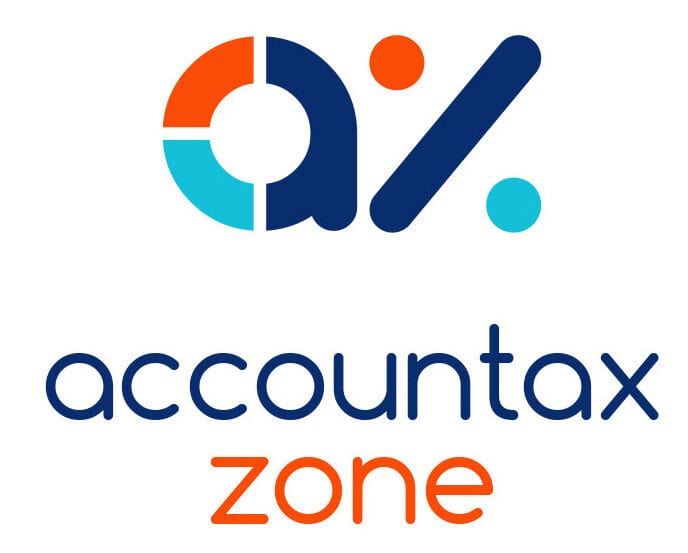Employers looking to spread some seasonal cheer can do so in a tax-efficient manner by taking advantage of the exemptions for annual parties and functions and trivial benefits. This article will help you understand how to host tax-efficient Christmas parties and gifts for your employees without triggering unnecessary tax liabilities.
Christmas parties
The tax exemption for annual parties and functions will only apply to a Christmas party if the following conditions are met.
- The event is an annual event – one-off events do not qualify.
- The event is open to all employees or to all those at a particular location.
- The cost per head (inclusive of VAT) is not more than £150.
Some points are worthy of note when planning tax-efficient Christmas parties and gifts.
While it is permissible to provide an event for employees at a particular location or working within a particular department, all employees at that location or within that department must be invited. Events for staff of a particular grade only, for example, managers, fall outside the terms of the exemption, and as such their provision constitutes a taxable benefit.
The cost per head is the total cost of providing the function, including extras such as transport and accommodation, divided by the number of attendees (employees and guests). The total cost includes VAT, even if this is later recovered.
If the cost per head is more than £150, the whole amount is taxable, not just the excess over £150. Where a tax charge arises and the employee brings a guest, the taxable amount is the cost per head for both the employee and their guest (so £350 for an event where the cost per head is £175).
Where more than one annual event is held in the tax year, all will be tax-free if the total cost per head does not exceed £150. Where the total cost per head is more than this, the exemption can be used to best effect.
Gifts
The trivial benefits exemption allows employers to provide employees with tax-efficient Christmas parties and gifts without triggering a tax charge under the benefits-in-kind legislation. The exemption will only apply if the following conditions are met.
- The gift is not cash or a cash voucher.
- The gift does not cost more than £50.
- The employee is not contractually entitled to the gift.
- The gift is not provided under a salary sacrifice arrangement.
- The gift is not provided in recognition for services performed or to be performed.
The cost of the gift is the cost to the employer of providing it. Where a gift is made available to a number of employees and it is not practicable to determine the cost of each individual’s gift, the average cost can be used instead. Directors and office holders of close companies and members of their family or household can only receive £300 of tax-free trivial benefits a year; for other employees, there is no limit.
Care must be taken where the gift comprises a season ticket, voucher or benefit accessed using an app. Here the cost is the annual cost, rather than the cost each time the season ticket, voucher or app is used. This may bring the gift outside the scope of the trivial benefits exemption, even if the cost of each individual item or use is less than £50.
Consider a PSA
If a taxable benefit does arise in respect of the Christmas parties and gifts, consider meeting the liability on behalf of your employees by means of a PAYE Settlement Agreement (PSA). It is the season of goodwill after all.
You might also like to read: File tax return by 30 Dec to pay via PAYE
Partner note:










